Yes we do!
But, thankfully plenty of us stand up and say NO WAY!!
Many of us advocate for the protection and preservation of our rich biodiversity including both fauna and flora while supporting sustainable forms of employment.
Our regions native forests are continuing to be exploited for short term gains that perpetuate centuries old struggle to control our savage lands and make them useful. But now it turns out that our NSW forests are worth a staggering .20c a tree according to Greens MP David Shoebridge and figures obtained by his office. This is nothing new as the NSW Greens have continually unearthed the financial dirt on Forestry Corporations shonky accounting.
Science confirms Forestry Corporation (FC) are having unsustainable impacts on High-Value Arboreal Habitats in Coffs Harbour’s LGA as “Forestry operations are a contemporary contributing factor in the decline of old-growth and other HV Arboreal Habitats”.
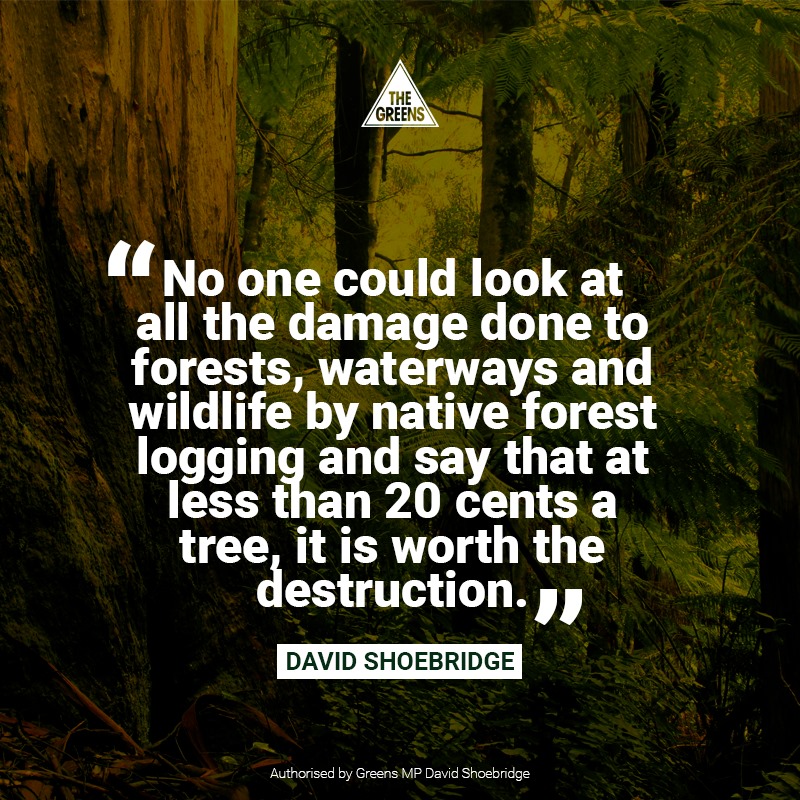
Another local example revealed recently during a logging operation in the Lower Bucca State Forest north of Coffs Harbour in 2020, Bellingen Environment Centre (BEC) spokesperson Ashley Love recorded the failure of Forestry to properly identify the critically endangered Scrub Turpentine that would have been destroyed had BEC not surveyed the area. See CH Greens video here!
What will climate change do for our wonderful forests on top of the current logging crisis?
This particular concern was highlighted by the NSW Parliamentary Inquiry into Koala Habitats and Populations that found wild populations of koala are expected to be extinct by 2050.
Whatever happened to innovative technologies that have been in discussion for over a decade, don’t they offer a way forward as replacement for timber sourced from our native forests for the construction industry.
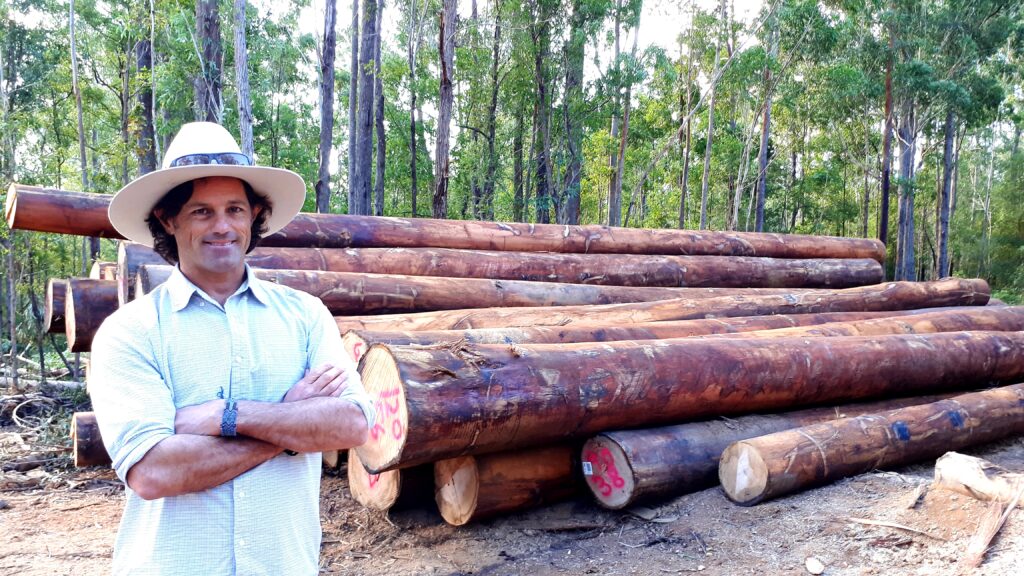
We categorically reject the idea that timber can be sourced from our native forests, be that from our state forest estate or forests on private lands, and exported as wood chip or pulped into pellets to burn biomass for energy.
We are concerned that our native forests will not survive another major bushfire as was witnessed by the black summer fires of 2020 if logging in our state forests and on private lands continue. We need to better manage our forests according to systems of management such as fire-stick farming methods to reduce the impact and severity of bushfires, which is the opposite case when our forests are logged using industrial methods.
No surprises that scientific analysis has determined significant risks to forest ecosystems by logging. David Lyndenmayer and others have found,
“The recent fires in southern Australia were unprecedented in scale and severity. Much commentary has rightly focused on the role of climate change in exacerbating the risk of fire. Here, we contend that policy makers must recognize that historical and contemporary logging of forests has had profound effects on these fires’ severity and frequency.”
[Lyndenmayer’s 2020 paper abstract, Recent Australian wildfires made worse by logging and associated forest management].
Are you concerned that industrial logging of the hinterland of Coffs Harbour will lead to hotter and more frequent fire events placing lives and property at risk?
This is a significant liability for governments of all levels, to act in the best interests of the community. With alternative technologies available for timber replacement and energy, the logging of our native forests must be phased out immediately.
The Great Koala National Park is a proposal for our times…. and forests… that we believe makes economic sense.
The University of Newcastle were recently consulted to prepared an economic study of the proposal and found that it would create close to 10, 000 jobs over the next 15 years generating $1.2B in revenue. This is direction that is a win win for our community and forests.
Our forests are critical habitat for Australia’s iconic fauna and flora.
The industrialisation of forest ecosystems is having detrimental effects on vegetation types such as turning rainforest ecosystems in to dry sclerophyll and threatening vulnerable and endangered species.
The risks associated with extreme bush fire events need to managed to reduce fuel load and increase carbon and moisture levels. Climate change is already having an impact and future droughts will lead to conditions that logging helps make worse.
Coffs Harbour Greens believe an economically sensible path forward is to support eco-tourism such as the Great Koala National Park and Indigenous land management systems that use fire to manage native and invasive plant species according to traditional ecological knowledge.
- Based on Coffs Harbour Greens submission to NSW Parliamentary Inquiry: Long term sustainability and future of the timber and forest products industry due 28th May, 2021
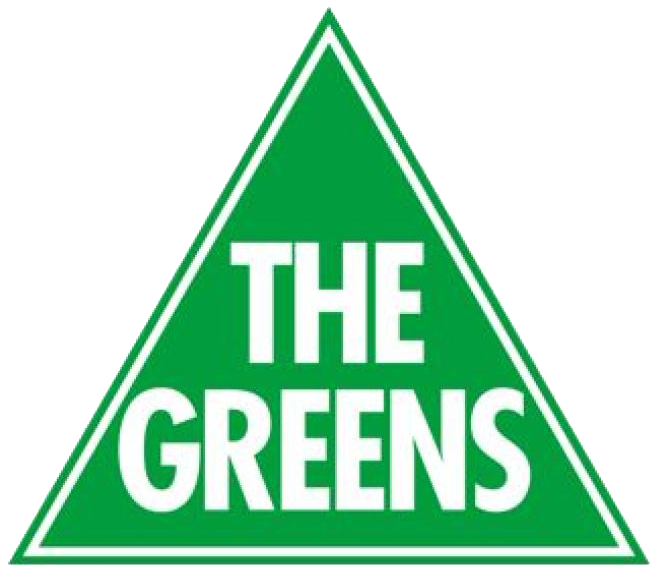
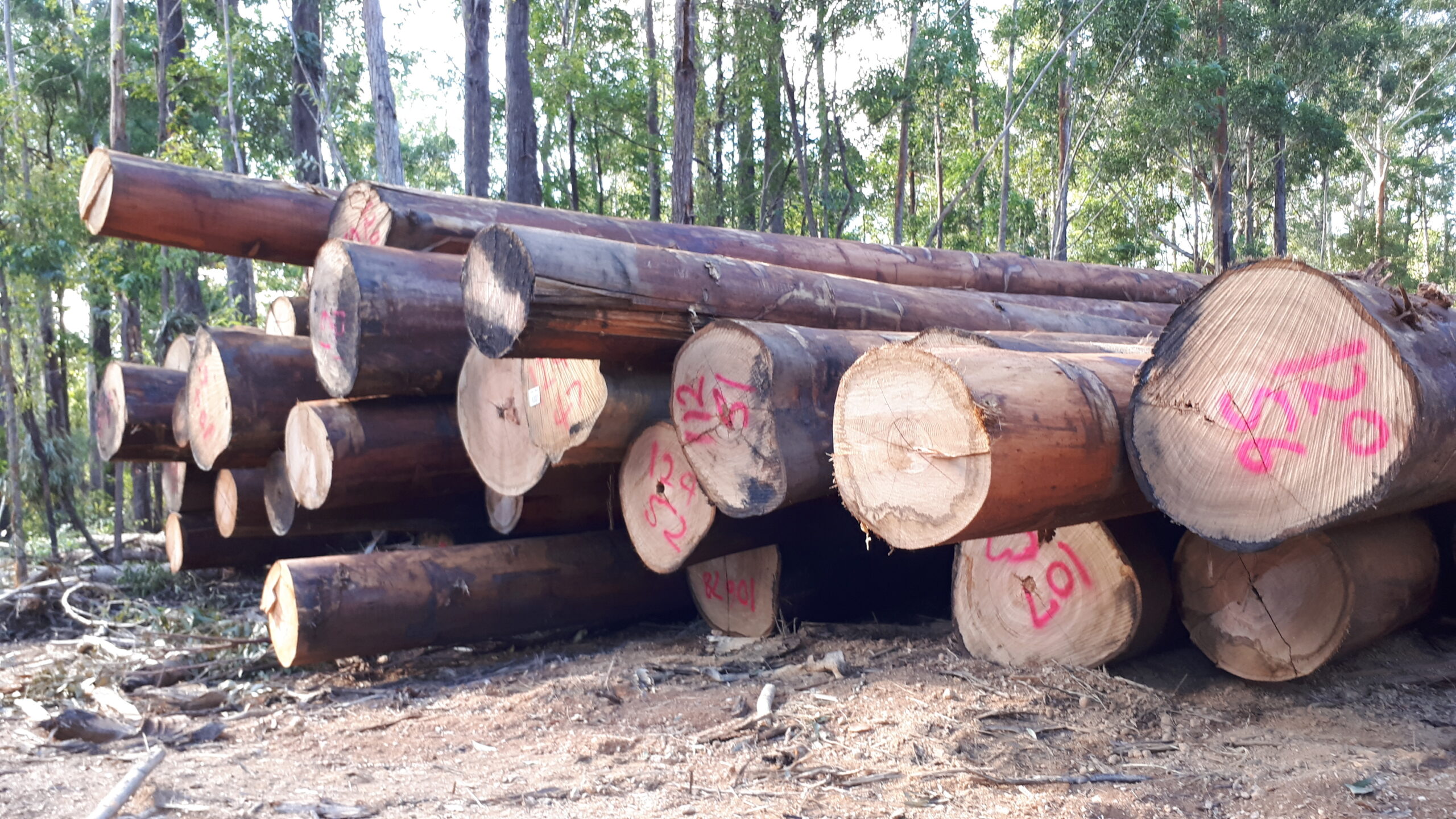
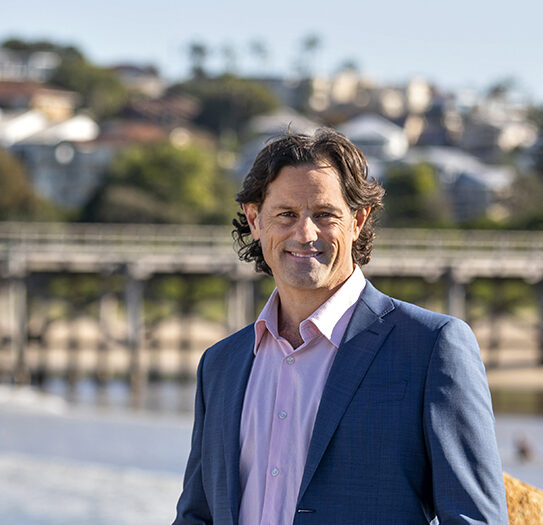
Comments are closed